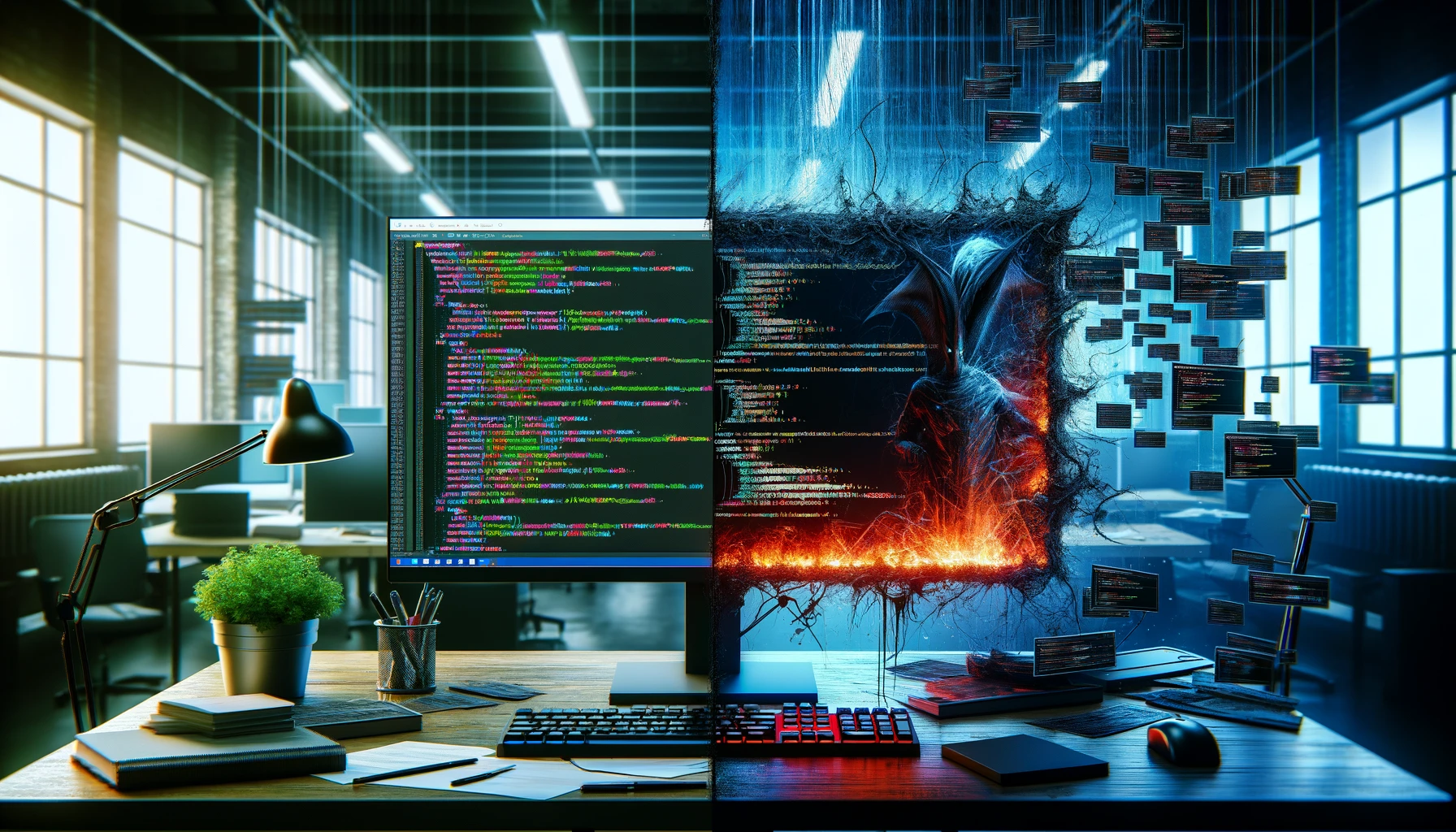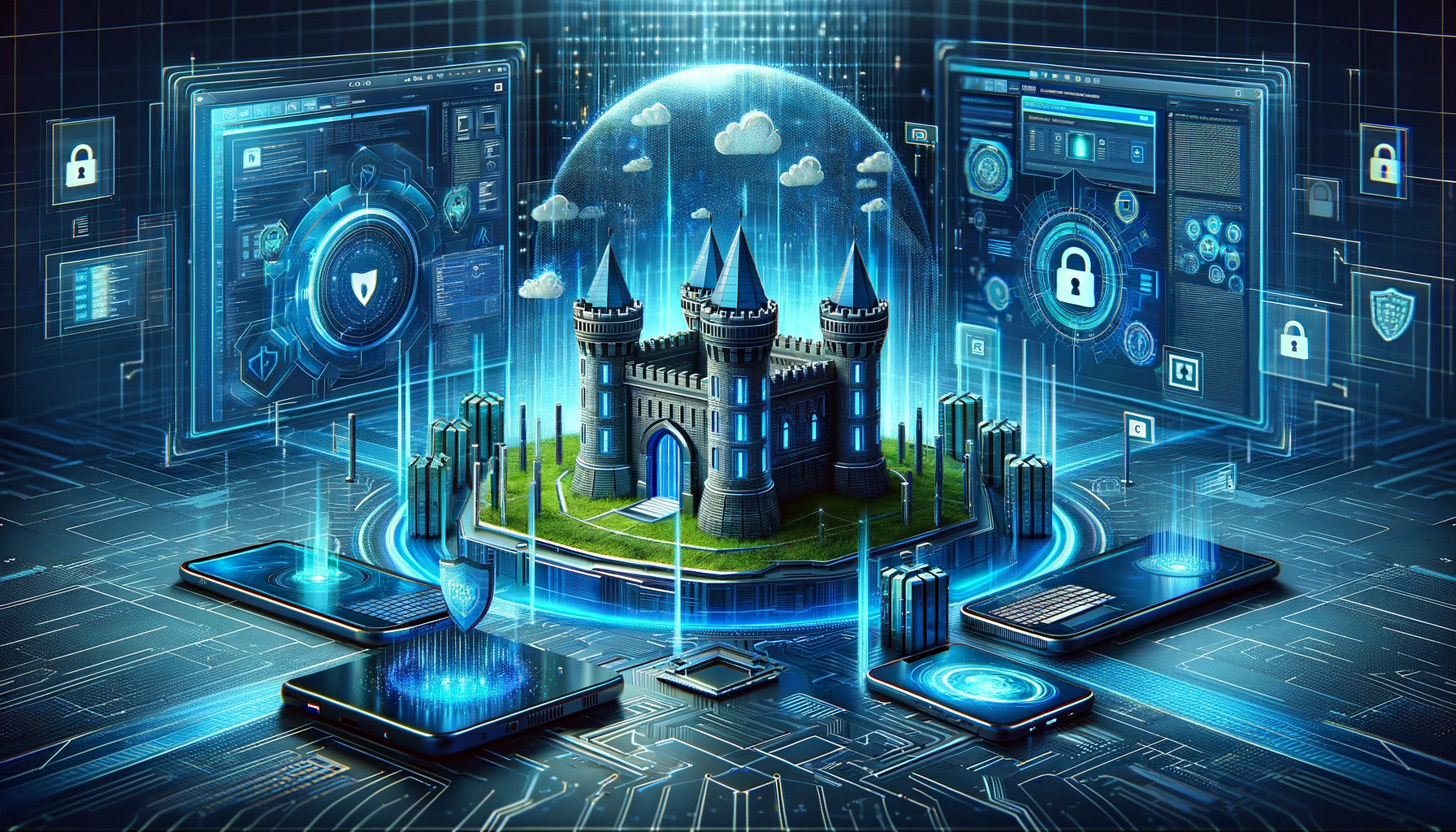In the digital era, the risk of computer viruses continues to escalate, posing serious threats to users ranging from personal data breaches to massive disruptions in business operations. Particularly in niches like gaming, where software from less regulated sources, like RuneScape Private Servers (RSPS), is common, the risks can be even greater. This guide delves deeply into the types of viruses that may infect your system, the specific dangers of engaging with certain online communities, and the most effective strategies for cleaning and safeguarding your computer.
Understanding the Different Types of Computer Viruses
- Viruses and Worms: These malicious programs can execute themselves and spread by attaching to other programs or files, potentially causing catastrophic damage to core system functions and data integrity.
- Trojans: Trojans masquerade as legitimate software but perform hidden, unauthorized activities. They are dangerous because they can discreetly create openings in your security to let additional malware in.
- Spyware: This malware secretly observes the user’s computer activity and collects personal information without consent, which is typically used for advertising or malicious intent.
- Adware: Although sometimes legally bundled with legitimate software, adware can degrade system performance and user experience by displaying unsolicited ads that can lead to malicious sites.
- Ransomware: One of the most feared forms of malware, ransomware encrypts a user’s files and demands payment for the decryption key, leading to data loss and financial extortion.
- Keyloggers: These programs record every keystroke, allowing hackers to steal passwords, credit card numbers, and other sensitive information.
- Cookie Stealers: They target data stored in cookies such as authentication tokens, tracking and personal session data, compromising user identities and web sessions.
- Discord Token Theft: Hackers targeting Discord users can steal authentication tokens, allowing them to hijack accounts, send spam, and distribute malware through social networks.
The Risks of RSPS and Similar Communities
Engaging with communities centered around RuneScape Private Servers (RSPS) can expose members and players to unique risks. These platforms often host and share game modification tools and “leaked” software, which are ripe for embedding malware. It’s common for these files to be shared without sufficient security checks, leading unsuspecting developers and players to download harmful software.
How to Effectively Clean Your Computer
If you find yourself facing a virus, consider the following steps to mitigate the damage and restore your system’s integrity:
- Isolate Your Computer: Disconnect from the internet to prevent the spread of the virus and further data compromise.
- Boot into Safe Mode: This minimal environment ensures that only essential system files and services run. Malware is less likely to load in this mode, making it easier to remove.
- Clean Up Temporary Files: Use system tools to clean out temporary files, which might house malware, and to free up space, making further steps faster.
- Utilize Reliable Antivirus Software: Conduct a full system scan with up-to-date antivirus software. Consider multiple scanners as no single antivirus can detect all malware types.
- Examine Browser Extensions and Reset Browsers: Remove any unfamiliar or unnecessary browser extensions that could be malicious. Resetting your browser settings can undo changes made by malware.
- Apply System Updates: Ensure your operating system and all applications are up-to-date to defend against exploits targeting older software.
- Change Passwords and Monitor Accounts: After cleaning your system, change all passwords and monitor accounts for unauthorized access, especially if malware like keyloggers was involved.
Best Practices for Ongoing Protection
- Regularly Update Software: Keep all software up-to-date to minimize vulnerabilities, including your operating system, applications, and antivirus software.
- Backup Your Data: Regularly back up important data to an external drive or cloud storage. This is crucial in defending against ransomware attacks.
- Educate Yourself and Others: Stay informed about new cyber threats and share this knowledge within your community. The more you know, the better you can protect yourself.
- Enable Two-Factor Authentication: Add an extra layer of security to your online accounts wherever possible to reduce the risk of unauthorized access.
- Be Cautious with Downloads and Attachments: Avoid downloading files or opening email attachments from unknown or suspicious sources. Always verify the authenticity of the source.
Conclusion
As cyber threats evolve, so must our defenses. By understanding the types of malware and their behaviors, actively engaging in preventative measures, and knowing how to respond to an infection, you can significantly enhance your cybersecurity posture. Always prioritize safety in digital spaces, especially when participating in less regulated areas like RSPS communities. Stay vigilant, stay informed, and maintain robust security practices to enjoy a safer online experience.

